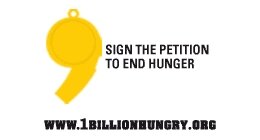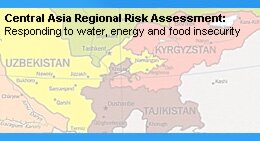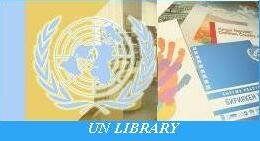| Rising Prices Trigger Increased Food Insecurity Among Kyrgyzstan's Poorest |
|
|
|
Bishkek, 22 November 2012 – The United Nations World Food Programme (WFP) said today its monthly food price monitoring for the Kyrgyz Republic has revealed that wheat flour prices across the country have doubled between June and October. To support households that are most vulnerable to price increases, WFP plans to reach 230,000 people across the country with a three-month ration of fortified wheat flour and a two-month supply of cooking oil, by the end of December. In some areas, the price of wheat flour, the main staple food for most Kyrgyz people, has risen by 60 percent during the same period. WFP’s latest nationwide food security assessment also showed that in many households the availability and affordability of food was declining. The September 2012 assessment revealed that household food security had deteriorated, with an estimated 25 percent of the population - about 1.3 million people - considered food insecure, that is unable to access sufficient food for their normal daily requirements - compared to 18 percent in March 2012. “This is an unusual increase especially as during these past months many rural households ought to have been benefiting from harvests and day labour wages,” said WFP Kyrgyz Republic Acting Country Director Michael Huggins. “Now the poorest families are in dire need of extra help to get them through the harsh winter months, particularly in rural areas where wheat flour for bread is the bedrock of the diet,” Huggins said. The assessment also revealed that another 13 percent of households - some 547,000 people -risk becoming food insecure should they be affected by an additional shock, such as further rises in food prices. In response to rising wheat flour prices, the Kyrgyz Government released and milled some stocks from the State Material Reserve in October, which were sold at subsidized prices. It also banned wheat and wheat flour exports for six months. The Kyrgyz Republic usually imports more than one third of the wheat flour it needs. However, with an estimated 30 percent reduction in the national harvest this year the wheat flour gap will be wider, with the risk of greater price volatility which will weigh heavily on the nation’s poorest people. |





















